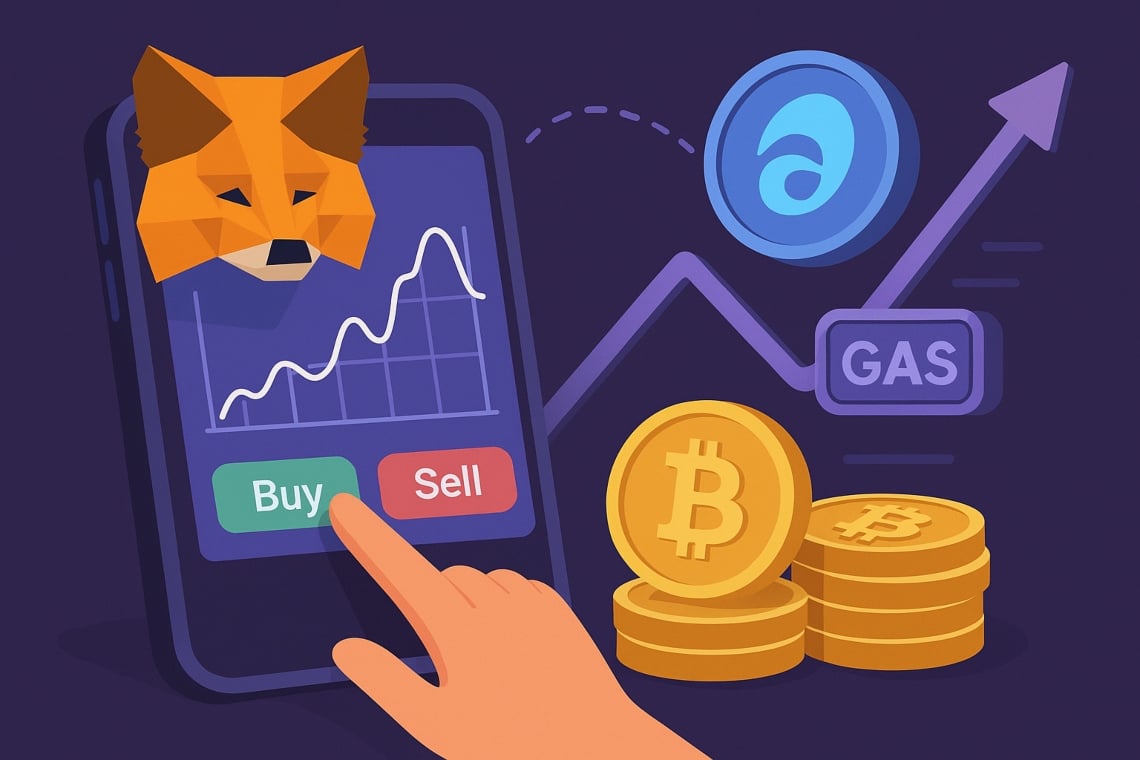The crypto industry is divided over how urgently Bitcoin should prepare for a post-quantum future.
At a recent tech summit, Solana co-founder Anatoly Yakovenko shook up the conversation by suggesting that the breakthrough many thought was decades away could be just around the corner.
Yakovenko argued that the pace of innovation in emerging fields like artificial intelligence shows how quickly theoretical research can leap into practice. In his view, the odds of a meaningful quantum advance within the next five years are high enough that Bitcoin cannot afford to wait. His prescription: transition to quantum-resistant cryptography before the threat becomes real.
Why It Matters
Bitcoin’s security today rests on elliptic curve cryptography, which is considered unbreakable for conventional machines. Quantum computers, however, may one day solve these mathematical puzzles with relative ease, exposing private keys and undermining the entire system. Some cybersecurity researchers, such as Naoris Protocol’s David Carvalho, warn that this scenario could arrive faster than most anticipate.
The technical fix is clear but politically messy. Shifting Bitcoin to post-quantum defenses would require a hard fork, a process that historically has divided communities and sparked fierce resistance from purists who fear fragmentation.
Not everyone shares Yakovenko’s sense of urgency. Adam Back of Blockstream has argued that practical quantum threats are likely decades away — closer to 20 years than five. Samson Mow of Jan3 has voiced a similar stance, acknowledging the risk but predicting Bitcoin will outlast most other systems long before quantum machines can crack it.
Bigger Picture
The disagreement highlights more than just a difference in timelines. It exposes a tension at the heart of Bitcoin: whether the community should proactively upgrade for hypothetical risks or preserve stability until a threat is undeniable.
For Yakovenko, waiting is reckless. For Bitcoin traditionalists, preemptive changes carry risks that may outweigh a danger still years in the future. Either way, the quantum debate is moving from theory to the forefront of crypto’s long-term survival strategy.
The information provided in this article is for educational purposes only and does not constitute financial, investment, or trading advice. Coindoo.com does not endorse or recommend any specific investment strategy or cryptocurrency. Always conduct your own research and consult with a licensed financial advisor before making any investment decisions.
Related stories
Next article
Source: https://coindoo.com/could-quantum-computing-break-bitcoin-sooner-than-we-think/


